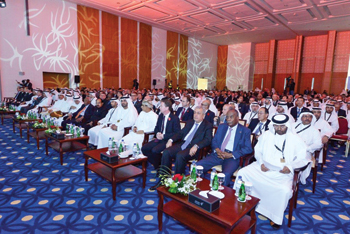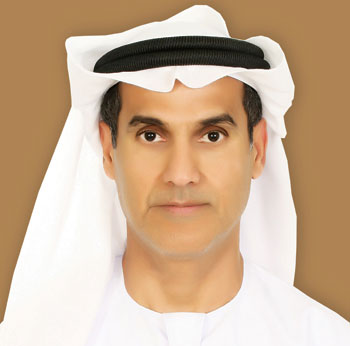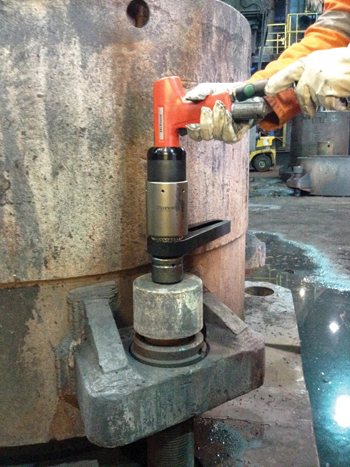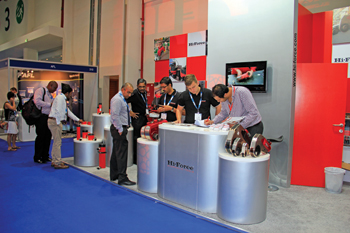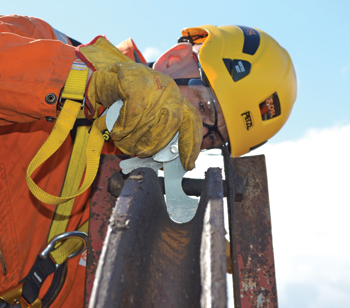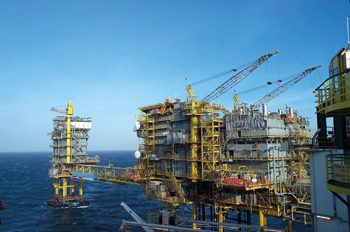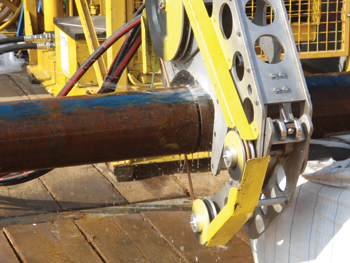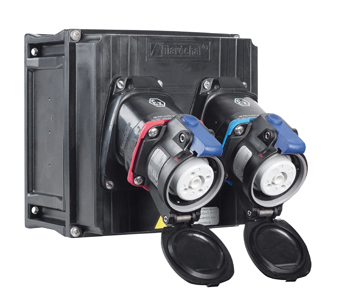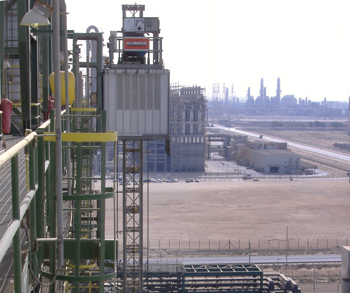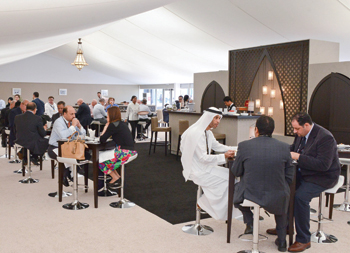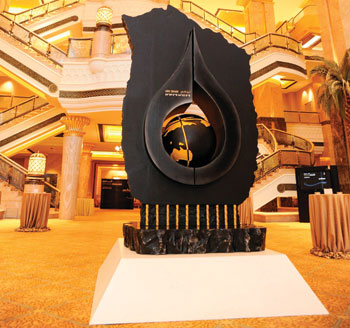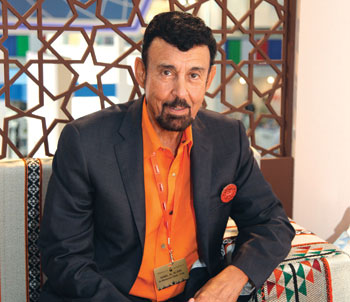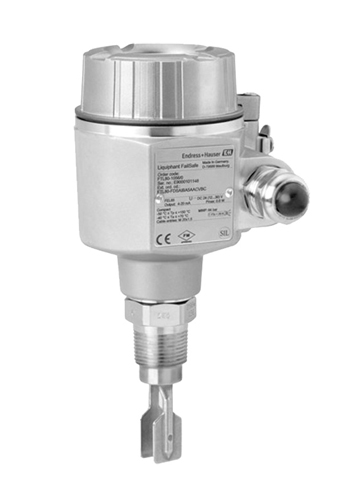
.jpg) Hayman ... presenting a unique opportunity
Hayman ... presenting a unique opportunity
THE environmental and human safety cost of ship recycling as well as the formulation of stringent new legislation that is putting additional pressure on shipyard operations around the globe will be addressed during a special session at the seventh biennial Seatrade Middle East Maritime (SMEM) summit and exhibition, which is part of the Dubai Maritime Week, hosted by Dubai Maritime City Authority (DMCA) and will take place in Dubai from October 28 to 30, 2014.
The day three session will present an up-to-the-minute picture of the current issues and key concerns facing ship recyclers, and use case studies to discuss practical solutions, with a focus on hazardous waste management developments, general health and safety, environmental management and the international regulatory environment.
“Decommissioned vessel recycling has always been part of the maritime life cycle, but with increasing importance being placed on sustainability in terms of both environmental and human safety, plus the advent of new international legislation, the way in which breakers yards around the world operate and the challenges that they face, is a pressing agenda issue,” says Chris Hayman, chairman of Seatrade, organisers of Seatrade Middle East Maritime.
The International Maritime Organisation’s (IMO) Hong Kong Convention for the Safe and Environment Friendly Recycling of Ships (2009) set out a roadmap for increased worker safety and environmental protection but has yet to be fully ratified.
In December 2013, the European Commission (EC) took its own steps to add momentum to the movement for change with drafted regulations introduced to ‘force’ ship recycling yards to improve the standard of their operations and technical capabilities in order to make it onto an approved facility list for the scrapping of EU member state vessels.
The regulations, which went live in January 2014, extend beyond the HKC mandate stipulating that ships must be dismantled using a ‘built structure’ with an impermeable floor to contain hazardous waste leakage. This has raised red flags in India, Pakistan and Bangladesh with concerns that the beaching of EU-registered vessels could potentially be restricted or even banned.
“The IMO’s HKC focuses on motivating investment and activating improvements across the recycling sector to achieve long term sustainability goals, and relies heavily on voluntary commitment to change, but with the EC regulations causing a wave of consternation amongst many industry operators, SMEM 2014 presents a unique opportunity to debate what needs to be done and our panel of industry experts will provide practical insight,” notes Hayman.
Moderated by Bernard Veldhoven, secretary general, International Ship Recycling Association, the panelist line-up includes Rakesh Bhargava, head Green Recycling & IHM Services, Wilhelmsen Ship Management; Vagelis Chatzigiannis, SNP trader, Green Ship Recycling co-ordinator, Global Marketing Systems (GMS); Keyur Dave, chief financial officer, Wirana Shipping Corp., Singapore; Stephen Drury, partner, Holman, Fenwick & Willan; and Ali Lakhani, director, Dubai Trading Agency, UAE.
“China experienced a domestic slowdown for scrap steel in 2013 with the relatively high cost of its environment-friendly breaking methods also a mitigating factor despite government initiatives to encourage more vessel dismantling by 2015,” says Hayman.



















































































